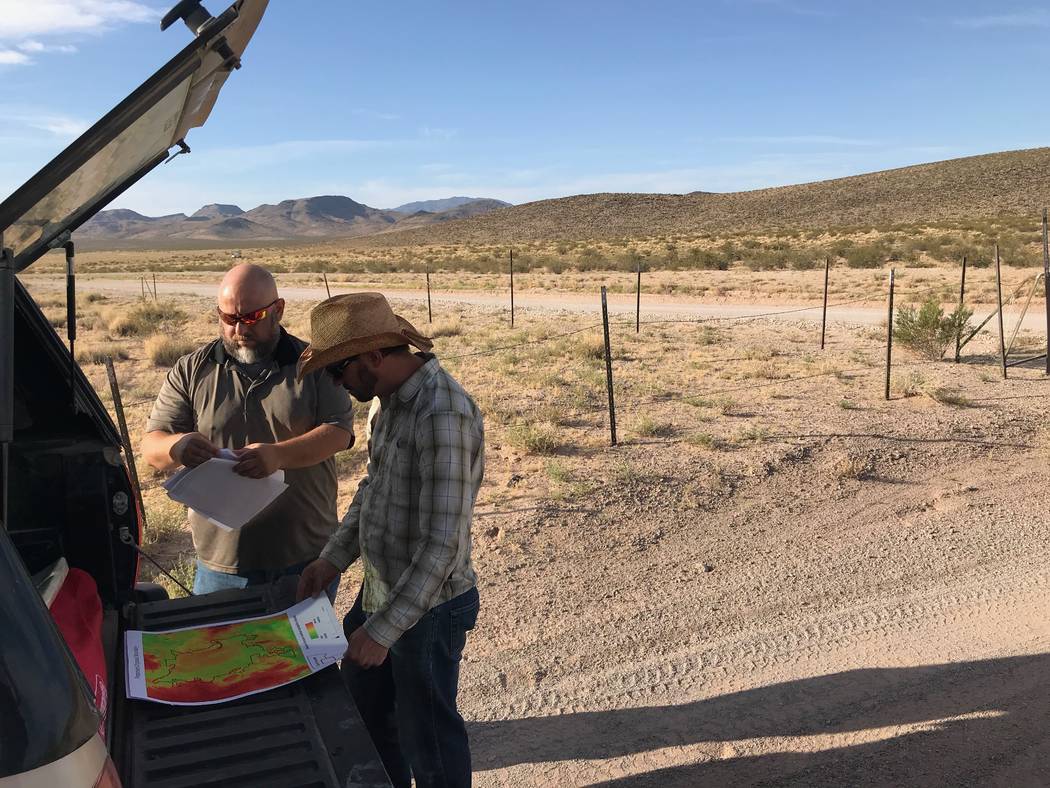Donnelly says ‘radical change’ required to address global warming
Excessive carbon emissions have already caused significant environmental damage. The country needs a “radical change” in its energy infrastructure. Achieving net-zero emissions will require eliminating gas-powered cars and limiting beef consumption. That’s according to Patrick Donnelly, Nevada state director of the Center for Biological Diversity.
“We are already doing irreparable damage to the plant,” Donnelly said while filming Nevada Politics Today. “The climate crisis is here. We are in the midst of it as we speak. I think the 12 years framework [promoted by politicians like Rep. Alexandria Ocasio-Cortez] is useful in terms of inspiring policy action. But the bottom line is we are experiencing the climate crisis and we need to take immediate and drastic action to avert catastrophe.”
Donnelly, however, doesn’t see role for nuclear energy, which produces no carbon emissions.
“There are major issues with nuclear power — both how we get the uranium and what we do with the waste after,” he said. “Uranium mining has been extremely destructive to communities, the health of workers and the environment. Nevadans are all too familiar with the problem of nuclear waste and people wanting to dump it in our backyard.
“We could power the entire state of Nevada with solar panels on roofs in Las Vegas. If we just choose to make that a policy priority, we could power the whole state. It’s not just a zero-sum game where it’s coal, nuclear or climate apocalypse. Renewable energy is the future.”
Addressing climate change will require dramatic action, according to Donnelly.
“We need a radical change in the way we do business to address the climate crisis,” Donnelly said. “That means systematically dismantling fossil fuels infrastructure and ramping up renewables at a scale we’ve never even been able to envision before. We are talking about a New Deal or World War II-style mobilization. Does it sound radical? It does. It sounds like a huge change in the way we do business. And it is. But that’s what the situation requires.”
Donnelly believes that emission reductions in the United States could spur reductions in countries like India and China, which are increasing their emissions.
“The leadership that the United States demonstrates on this issue will cascade around the world,” he said. “Furthermore, the people who you’re describing in India or China being lifted out of poverty, those folks are the ones who are going to feel the effects of climate change the most directly. I would offer that while they may have more dollars coming into their pocket than 20 years they are far more vulnerable to weather, climate, fire other events that could take their lives.”
Asked if running water and electricity should be offered to poor people in places like India and China, Donnelly said, “Not based on coal, no.”
Donnelly then explained what would be required to achieve net-zero emissions, which is a plank in Democrat presidential frontrunner Joe Biden’s climate plan.
“It means probably every Nevadan will be driving an electric car,” Donnelly said. “It means most likely fewer of us will drive cars and we will be using mass transit to get from Point A to Point B. It’s going to mean solar panels being deployed at a scale that we have not really been able to envision yet. That means both out in the desert, which some environmentalists have concerns about, and that means every rooftop in the whole city will be producing energy for us.”
Asked about airplanes, Donnelly said, “It’s hard to envision a future without some form of air travel, but they will have to be powered in a different fashion than they are right now.”
Meat consumption will also have to change.
“People love to joke about the cow farts,” Donnelly said. “We need to eat fewer cows. We really do. Cattle is by far and away the most energy and water intensive food source we have. There’s going to come a time when that needs to be reckoned with.


















